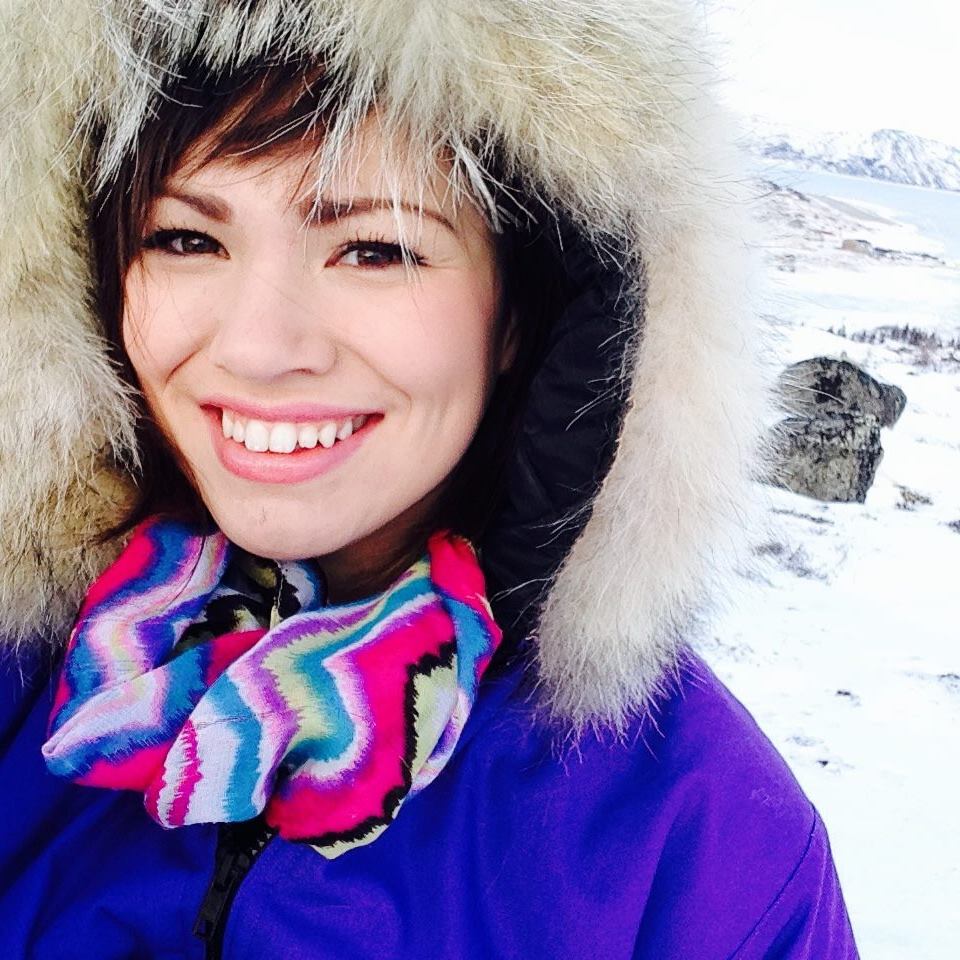Towards an Inclusive Arctic Research Model

The future of the North will be determined by the choices, aspirations, and priorities of its youth. The Youth Perspectives Series is a publishing platform for students to voice their opinions, share their experiences, and influence the debate about their homeland. The forum features articles, videos, illustrations, poems, and multimedia projects created by youth living in the Arctic on the issues that matter to them most. Hosted by The Arctic Institute (TAI), Youth Perspectives is produced in partnership with Students on Ice, Arctic Youth Ambassadors, and the Arctic Adaptation Exchange.
If you are a student living in the Arctic and are interested in publishing with us, or if your organization would like to partner with or sponsor Youth Perspectives, please contact our Managing Director at victoria.herrmann@thearcticinstitute.org.
The Arctic has been growing in importance on the global scale in the past decade, for various reasons such as climate change and the growth, development, and opportunities seen by nations that an ice free Arctic would present. The Arctic is also seeing social changes amongst the people who call it home, including Inuit, the culture I identify with. For millennia we have relied on the seasonal freeze and thaw in the Arctic for survival and cultural preservation. To me, as a youth of the Canadian Arctic, this is what I worry about the most for the future of the Arctic and not only its people, but for humanity as a whole. Many headlines are published daily about the vanishing Arctic ice, and mentions of what is being done in research to monitor these changes, but where is the dialogue about Arctic people and their changing livelihoods?
When decision makers, researchers, and those interested in the Arctic discuss what is important for the future of the Arctic, it is essential that the dialogue and terminology is not solely research focused. We have spent decades collecting, reporting and publishing climate data, and while it is still vital to a healthy future I and many other circumpolar Indigenous people believe that you cannot talk about environmental changes and impacts without realizing what it means to people’s health, cultural survival, and identity. It should be and is indeed the same conversation to me and others who call the Arctic home.
Environmental research alone will not be enough to influence the changes needed to sustain the Arctic. The Arctic needs more research focused on the impacts of major climatic changes to its people, in collaboration with its people. In my own experience at Memorial University, I have been a part of collaborative research projects focused on the subarctic environment and how to mitigate health impacts brought on by inadequate infrastructure. This collaborative research alone has had positive results, because it incorporated data and the perspectives, needs and concerns of the people it was impacting.
The same can be said about other initiatives. Until you incorporate Indigenous and Arctic perspectives to any discussion about our Arctic, you will not be honoring the voices that matter the most in the Arctic. To achieve success in the Arctic today and in the future, collaboration and opportunities provided to youth such as this one; to write, to share and to hopefully impact how the Arctic is viewed on the global scale will contribute positively to Arctic futures.
Caitlyn Baikie is from Nain, Nunatsiavut where she was born and raised. She is currently finishing her Bachelor of Arts in Geography and Aboriginal Studies at Memorial University of Newfoundland while working for us in Gatineau. She has almost a decade of experience under her belt in Arctic social and physical sciences through various different programs and work experiences. She is an alumni of the kANGIDLUASUk student program which operates out of the Torngat Mountains National Park, and was a research assistant for the Arctic Inspiration Prize winning project SakKijanginnatuk Nunalik initiative, which is a collaborative initiative between Memorial University and the Nunatsiavut Government. Through her post secondary studies, Caitlyn has published an article in the peer reviewed journal Arctic, and presented posters at International Polar Year Conference and ArcticNet. Caitlyn also has a keen interest in government policy and has taken various summer internships with the Nunatsiavut Government’s Executive Council which allowed her to better understand the implementation of the Labrador Inuit Land Claims Agreement, while working closely with elected officials and community members of Nunatsiavut. Most recently, she participated in the 2014 Victoria Straight expedition, which located Erebus, one of Sir John Franklin’s ill-fated ships through the North West Passage. In 2015, CBC named Caitlyn one of the top 5 indigenous leaders under 30 to watch. Get in touch with Caitlyn at caitlyn@studentsonice.com